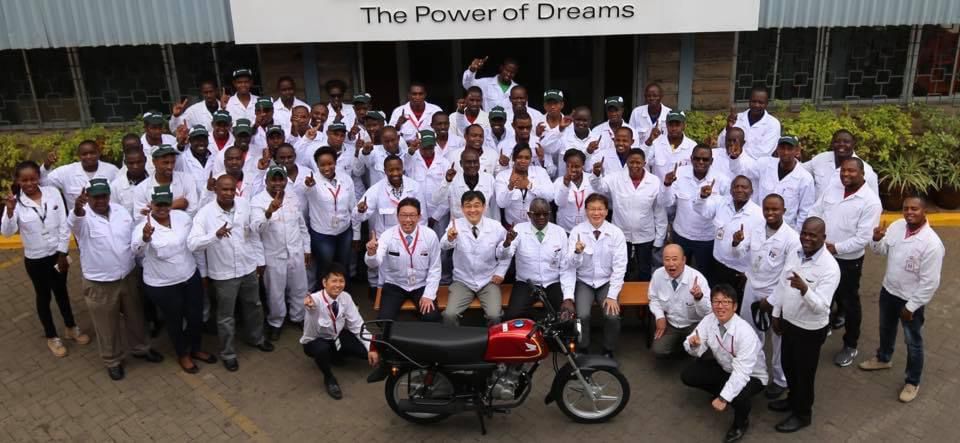Today, I am extremely unhappy, as the motorcycle industry, a cornerstone of Kenya’s mobility sector and a key employer of youth, faces an unprecedented crisis. As the Chairperson of the Motorcycle Assemblers Association of Kenya (MAAK), I find myself compelled to publicly highlight the critical challenges caused by inefficiencies within the National Transport and Safety Authority (NTSA). This comes after a prolonged and concerted team effort to address these issues. I want to make it clear that this is nothing personal as I hold the individuals working at NTSA in very high esteem.
The industry’s performance has plunged, evidenced by the Kenya Bureau of Statistics’ data. In 2023, motorcycle registrations drastically fell to 45,280 from 131,513 in 2022 and 285,203 in 2021, a staggering 67% decline. While such decline is not entirely related to NTSA and their troubles, the downturn is not just a statistical concern but a reflection of systemic issues affecting livelihoods.
The NTSA’s transition from the TIMS to the E‑Citizen platform has been marred with obstacles, severely inhibiting our members’ ability to secure motorcycle allocations and make sales. The Boda boda riders are particularly hard hit, unable to transfer ownership upon the sale of their bikes, a situation echoed by financial institutions who are frustrated, unable to fund buyers without these ownership transfers. For us, the assemblers, motorcycles crucial for daily transport and livelihoods, remain unsold due to unprecedented registration delays. This inefficiency triggers a domino effect, impacting consumers and the entire industry at a time when our economy is desperate.
The NTSA’s delayed response in processing registrations has endangered the survival of our motorcycle assembly industry, an industry that has assembled at least 2.16 million motorcycles in the last decade. These motorcycles are the backbone of the Boda Boda Sector, employing 2.5 million youths. According to MAAK, each of these youths supports an average of six family members, meaning our industry underpins the livelihoods of 15 million Kenyans. Our specific sector, currently employing about 4,000 individuals, is in urgent need of robust protection. Unfortunately, bureaucratic inefficiencies that stifle economic growth and undermine investor confidence underscore the government’s crucial, yet unmet, role in industry support, as seen in their disappointing inaction despite our repeated appeals.
The motorcycle industry is more than a business sector, it is a vital part of Kenya’s socio-economic fabric, offering mobility solutions and employment opportunities, especially to the youth. As we strive to align with the Bottom-Up Economic Transformation Agenda and contribute to Vision 2030’s GDP aspirations, the urgency for NTSA to address these challenges is critical. Must we wait for NTSA’s inaction to drive its aggrieved customers to the streets in protest?
As you read my article, NTSA’s inefficiencies in handling the system transition have led to a multitude of issues, including difficulties in obtaining allocations, the inability to search for registration using chassis numbers, and challenges with viewing applications and processing transactions. These technical hitches have caused significant delays and unnecessary confusion, leading to a decrease in sales and a loss of trust among consumers and industry players. We appreciate that NTSA has internal challenges as they silently whisper which includes seconded officers from other departments whose allegiance lie elsewhere but surely?
Let’s face it, more than passive governance is needed here. The NTSA’s seemingly most inefficient operating system has not only impacted motorcycle assemblers but also the wider Boda Boda sector that supports millions. In these challenging times, proactive support and efficient policies are crucial for the growth and contribution of businesses to the economy.
Urgent reform and action within government bodies such as NTSA are crucial for our economy and people’s welfare. I suggest that NTSA be promptly supported to resolve its issues so that we halt the sector’s decline. Dealing with the system is simpler than facing a hungry people. This moment calls for government agencies to prove their dedication to Kenya’s economic growth and business support. If you think that I am unhappy, wait till you hear car industry’s grievances against NTSA. Aise Tumechoka! Think green, act green!



